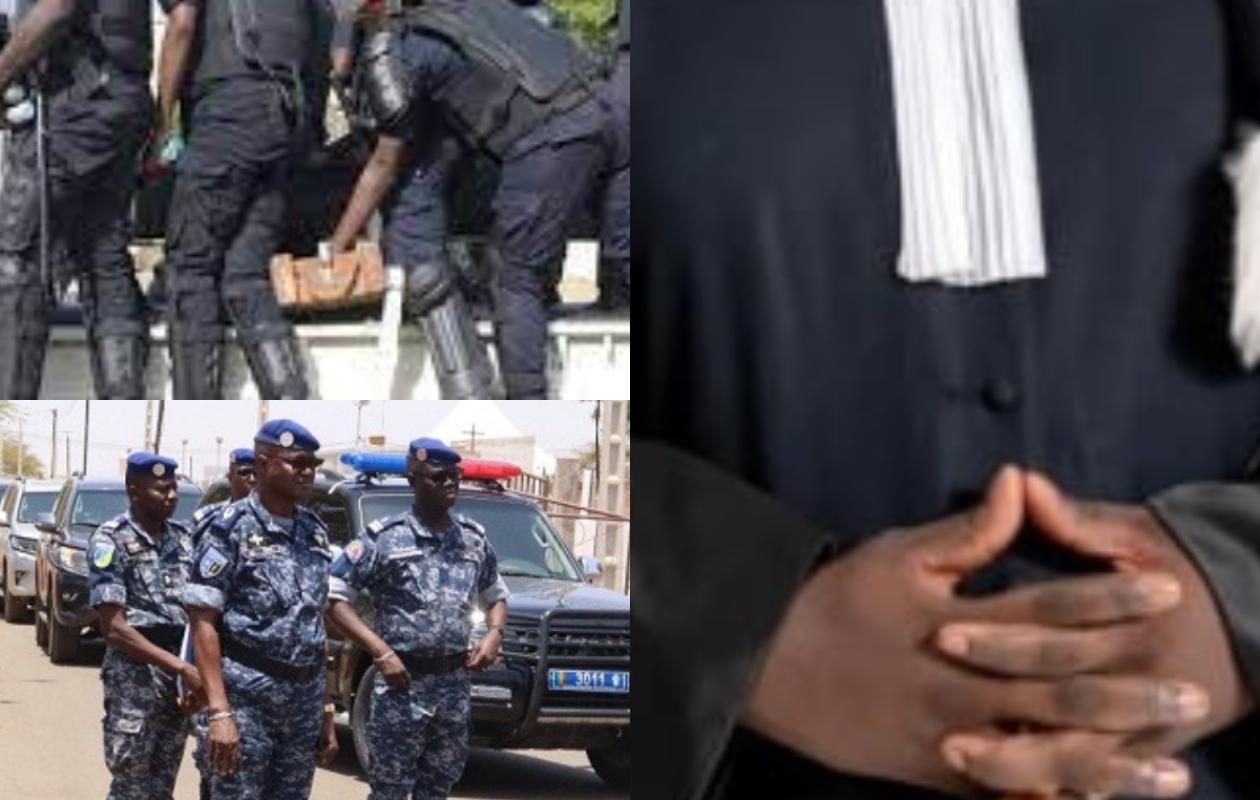
Exercice de simulation sur la lutte contre la traite des personnes : Magistrats, gendarmes et policiers renforcent leur arsenal judiciaire
In recent months, several human trafficking networks have been dismantled in Kédougou, Mbour, and other parts of the country. Despite the legal provisions put in place to stem this scourge, the phenomenon persists and continues to threaten the most vulnerable segments of society.
Faced with this reality, the National Unit for the Fight against Human Trafficking, in partnership with the Ministry of Justice, the United Nations Office on Drugs and Crime (UNODC), and Interpol, initiated a simulation exercise bringing together magistrates, police officers, and gendarmerie officers. This practical training aims to strengthen the capacities of judicial actors and improve the coordination of their interventions in the field.
This approach, which combines theory and practice, will, according to Mody Ndiaye, permanent secretary of the Unit, enable participants to be better equipped to effectively identify, investigate, and punish cases of trafficking. It also provides a framework for exchanging experiences in order to provide a more coherent and sustainable response to this criminal phenomenon.
Magistrates, police and gendarmerie officers will spend five days strengthening their capacities in the fight against human trafficking, a scourge with many faces that continues to plague Senegal and the sub-region.
"This workshop is taking the form of a simulation exercise, like a real investigation and trial, in order to identify weaknesses and improve our methods. Trafficking is a highly complex crime, which is evolving with new technologies. Justice officials must be regularly trained to deal with these criminal networks," explains the unit's permanent secretary.
He noted that Senegal has already made significant progress: several networks have been dismantled, victims have been protected, and numerous awareness-raising campaigns have been conducted. However, challenges remain, including forced begging by talibé children and the growing influx of prostitutes from the subregion.
"The law exists and is enforced, but criminals adapt. It's a societal struggle: families, citizens, the justice system, everyone must get involved. Human dignity is priceless and cannot be sold," Mody Ndiaye insisted.
He points out that human trafficking is not limited to illegal migration. It is based on three dimensions: the act (recruitment, transport, accommodation); the means (threat, coercion, fraud, abuse of vulnerability); and the purpose (sexual exploitation, forced labor, begging, domestic slavery, organ harvesting).
To be effective, the justice system must not only identify victims, but also dismantle networks, punish the perpetrators and protect survivors with appropriate support.
Interpol's operational support
According to Patrice Kouassi, a criminal intelligence officer at Interpol, "trafficking has mutated and now exploits digital technologies."
"We provide Senegalese stakeholders with modern tools: databases, secure communication systems, and regional cooperation mechanisms. This allows us to dismantle networks that operate both in Senegal and beyond its borders," says Mr. Kouassi.
Despite the progress noted in the fight, the authorities are calling for increased vigilance, as well as better cooperation between security services, justice and civil society, in order to definitively eradicate human trafficking in Senegal.
"Together, we can push back modern slavery, protect the most vulnerable, and restore hope to victims," said Mody Ndiaye.
Commentaires (0)
Participer à la Discussion